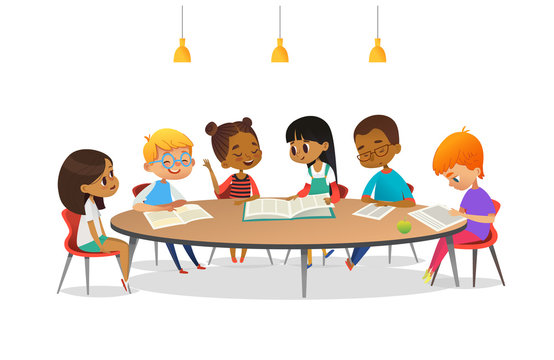Throughout this book written by Lisa Delpit, we start to make loads of connections with Alan Johnson. These stories are similar in some ways but different in others. They are both talking about privilege, power, and culture. They both have a sense of education society but do it in different ways. Delpits story is more surrounded by the fact non-white teachers are often found excluded. Delpits whole idea of this is to change students perspectives, she wants them to think in a positive way when it comes to the classroom.
"Those with power are frequently less prepared." (pg24)
Throughout this quote, we can tell Delpit wants us not to hide what's going on. She makes a great point when saying those with more power seem to forget bout the bigger picture. They have everything in front of them they don't worry about anyone but themselves. They don't worry about what they say or do, they won't be hurt by it.
Delpit mentions "Power of culture" many times.
This forces a better understanding of education, power repeating over and over again throughout this story. It gives us a good concept to the importance behind this. Changing everyones view on racism throughout schools would help not only the teachers but the students.
Closing thoughts:
With the quotes presented in "The Silence Dialogue," we get a good understanding on the power through different cultures. In the United States, education has always been a state function, which means that it is not legal for the department of education to change the curriculum. For instance, in each state, each educator, would have to agree on what needs to be added or subtracted into the education system. Changing the curriculum would mean that teachers would have to make hard choices in order to go against their individual views.
https://learn.cli.org/best-practices/classroom-culture-and-environment/culture/

No comments:
Post a Comment